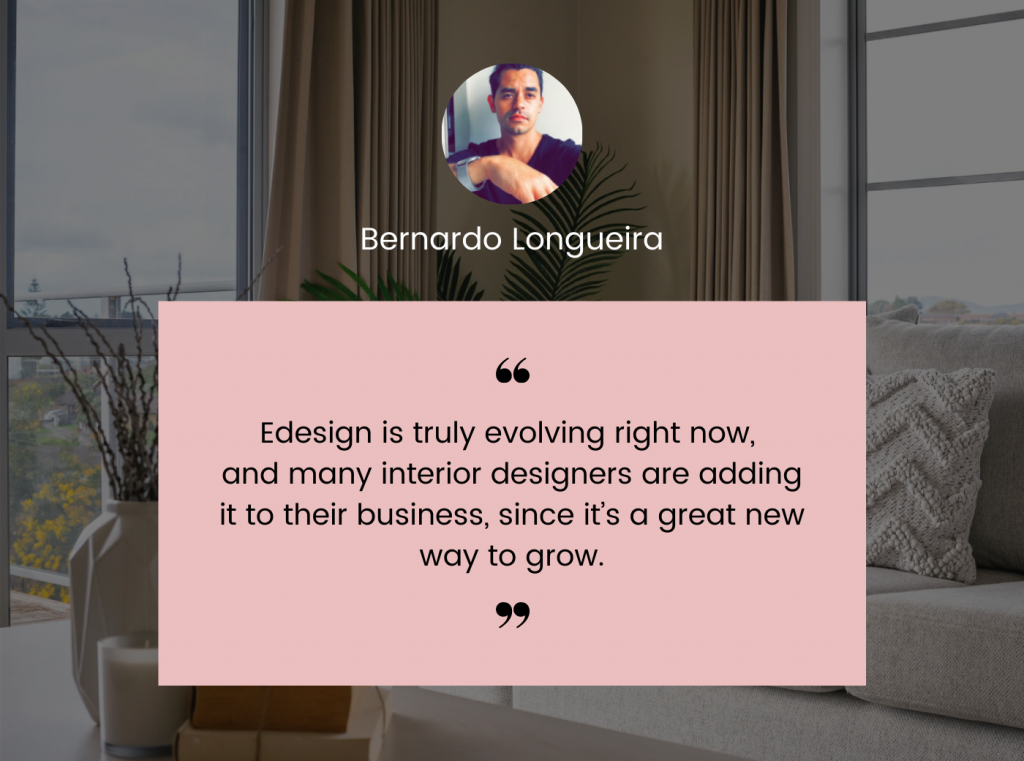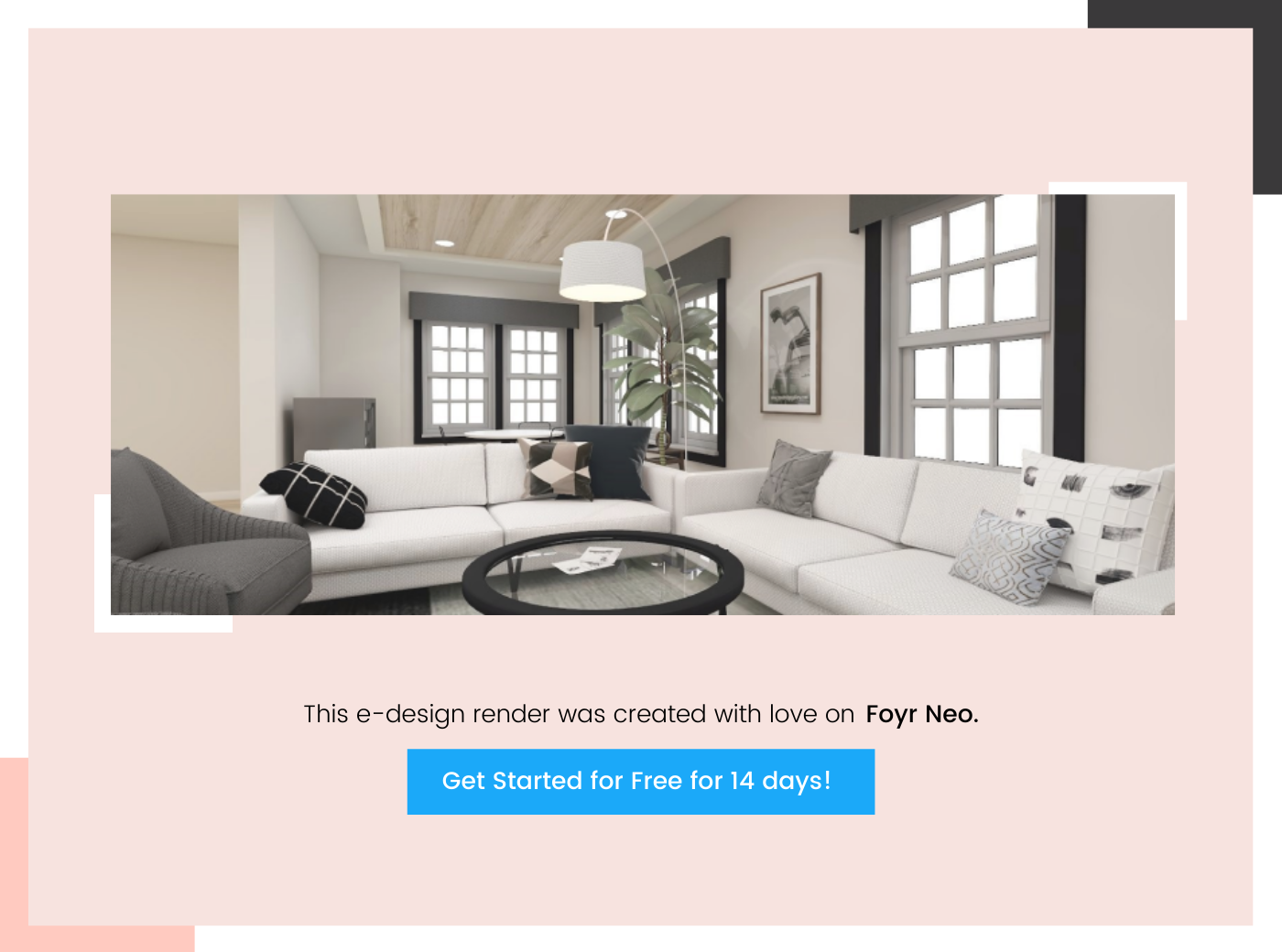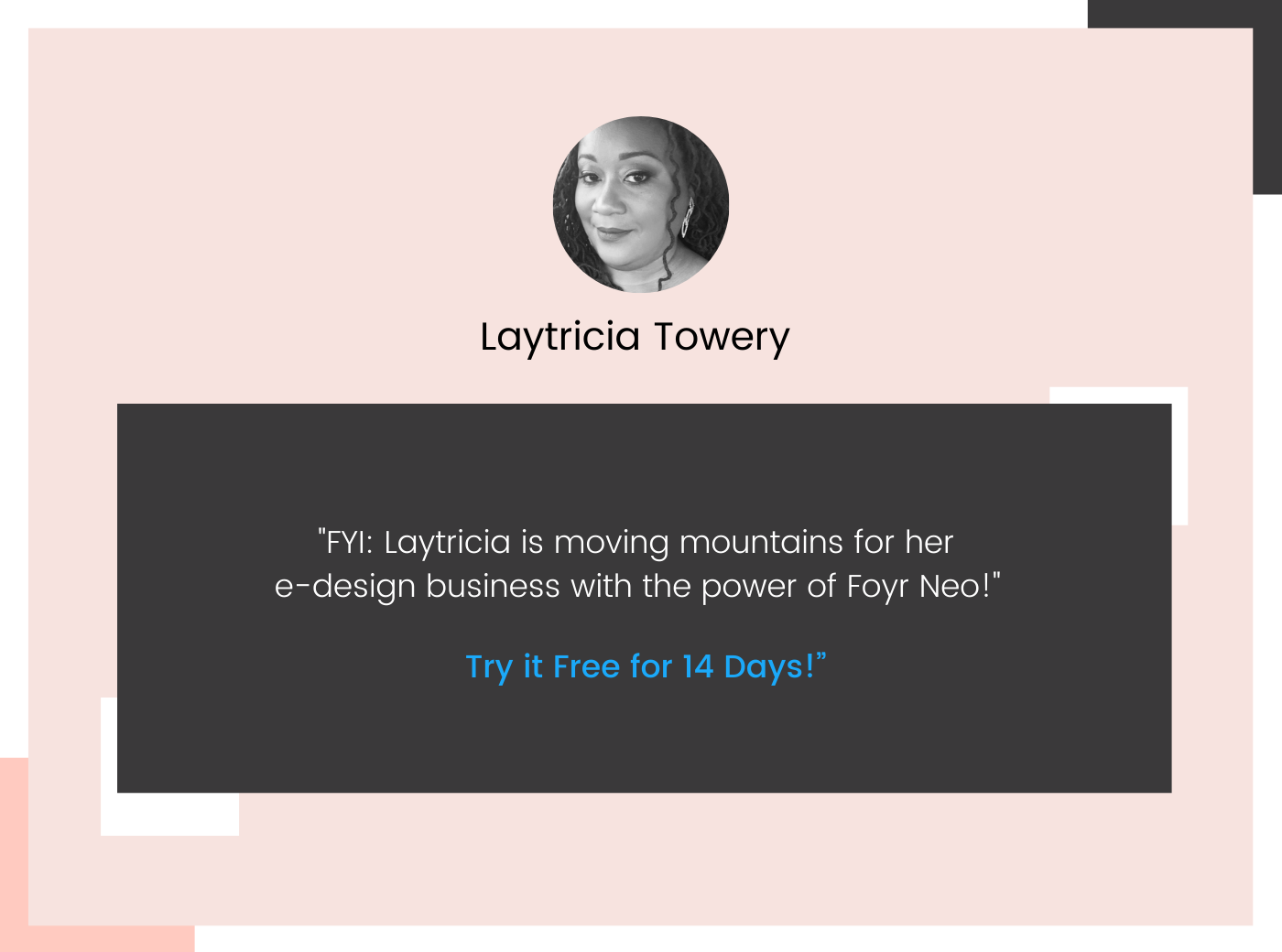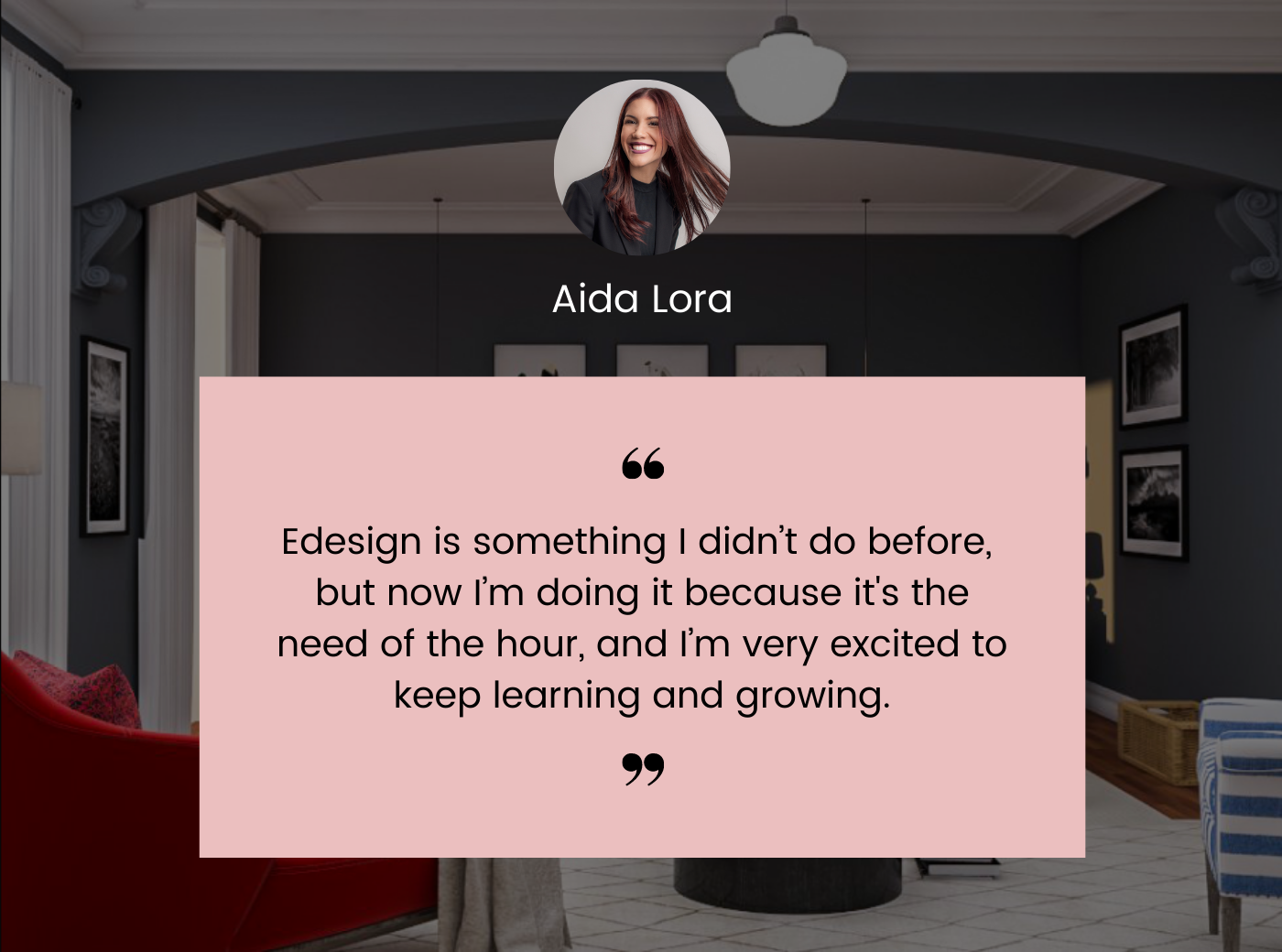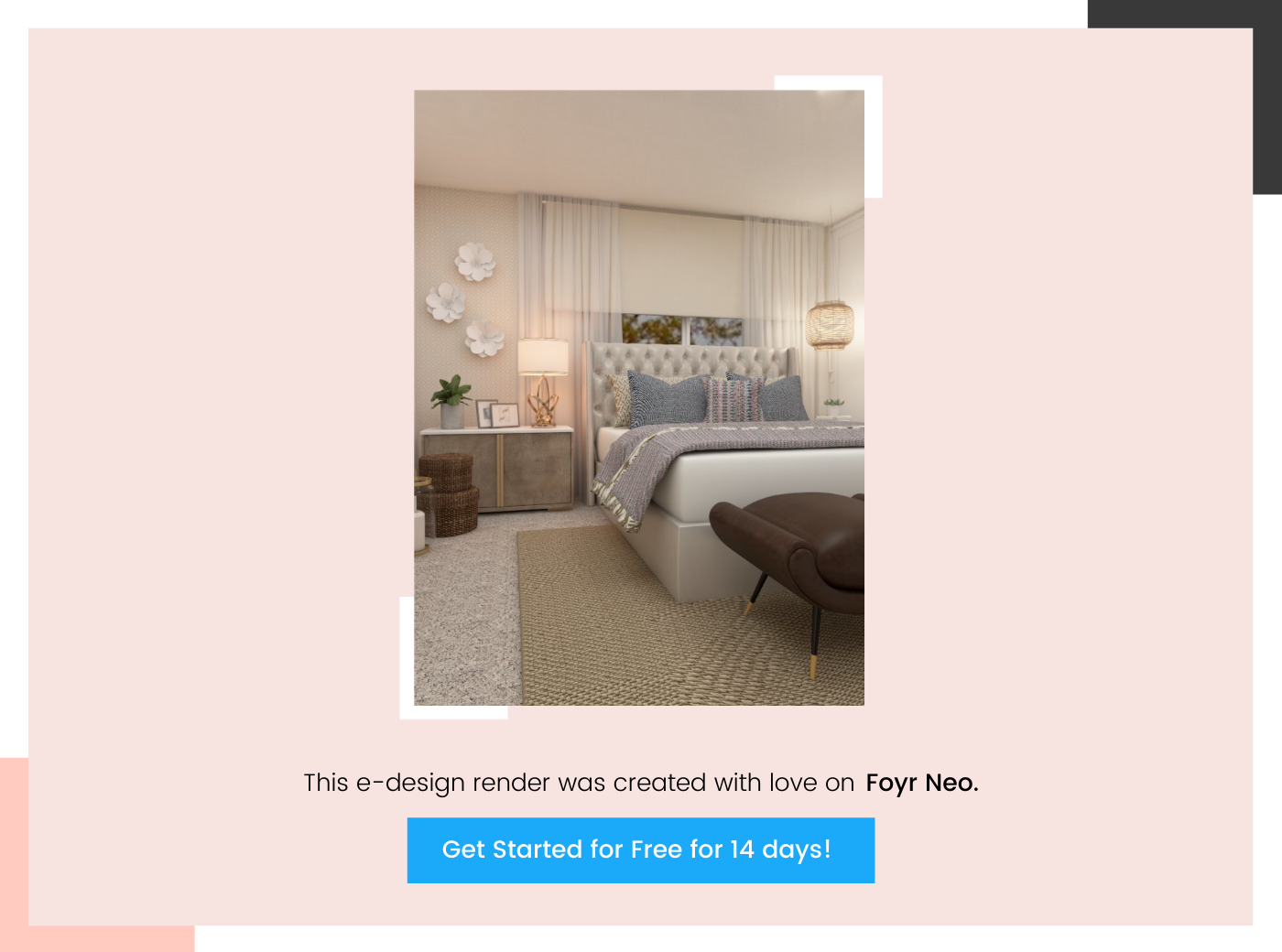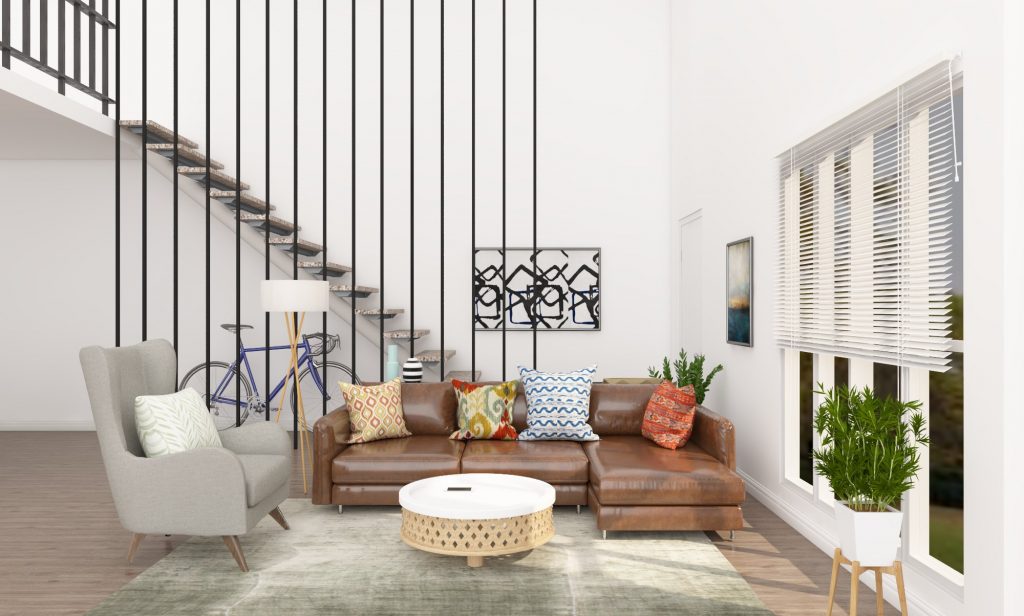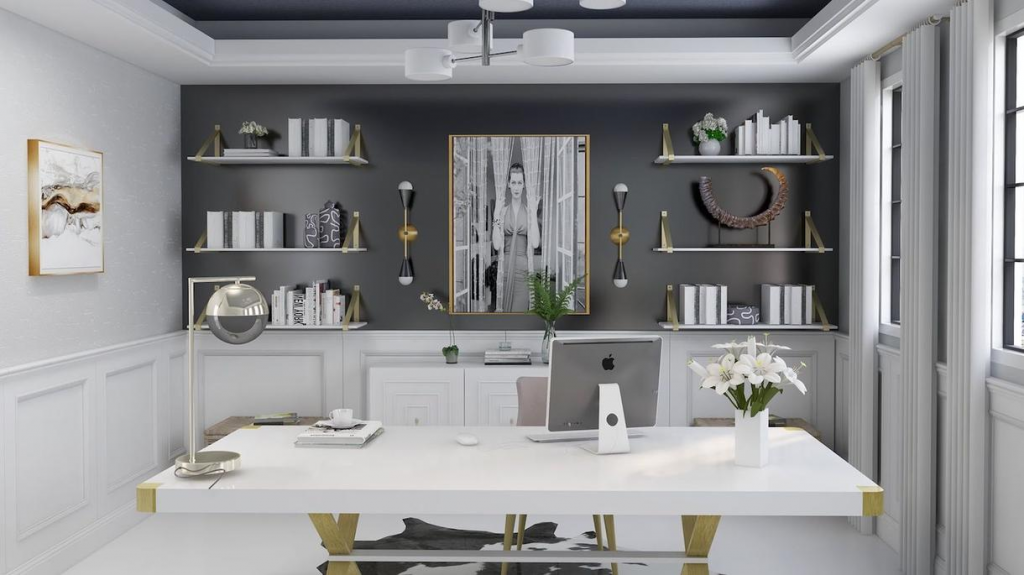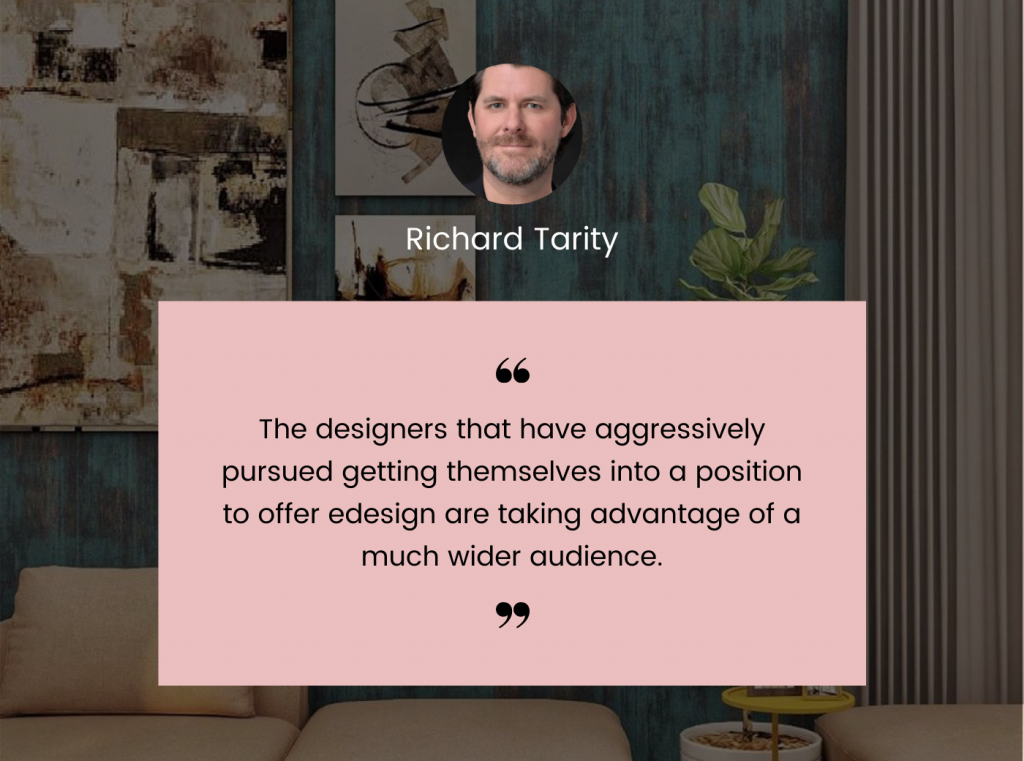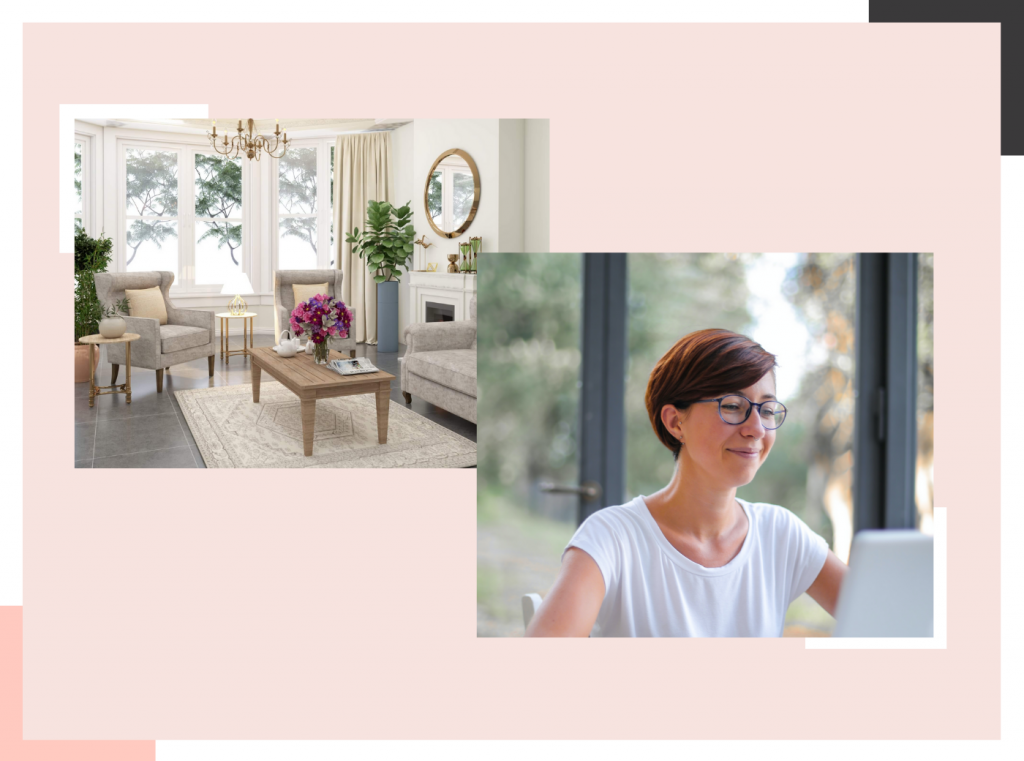The e-design industry is booming. As more homeowners and renters turn to virtual platforms for interior design support, there’s never been a better time to build a remote-first design business. Whether you’re a seasoned interior designer transitioning to digital or a newcomer with a passion for beautiful spaces, this guide will help you launch and grow a successful e-design business in 2025.
What Is E-design?
E-design is interior design delivered entirely online. Rather than in-person meetings, clients connect with designers through email, video calls, and shared online platforms. From concept boards to floor plans, shopping lists to 3D renders, everything is communicated digitally—offering flexibility, lower costs, and wider reach for both designers and clients.

Why E-Design Is a Growing Opportunity
- Low startup costs: No physical studio or office needed.
- Global client access: Market your services across regions and time zones.
- Remote-friendly workflows: Perfect for freelancers, part-timers, or moms reentering the workforce.
- Scalable income: Sell design packages, room refreshes, or bundled services.
Search interest in “virtual interior design services” has doubled in the past three years. The demand is clear—and the potential for success is growing.
Step 1: Define Your E-Design Niche
Don’t try to serve everyone. The best e-designers specialize. Choose a niche that reflects your style, personality, and client needs:
- Rental-friendly design
- Budget makeovers under $1,000
- Boho home offices
- Airbnb or vacation rental staging
- Small-space transformations
Defining a niche helps you:
- Stand out in a crowded market
- Streamline your service offerings
- Create content that attracts ideal clients
Step 2: Design Your Service Packages
E-design businesses thrive on clarity and repeatable workflows. Offer tiered service packages with clear deliverables, like:
Starter Package
- 1 Mood board
- Color palette + layout suggestion
- 30-minute consult
Pro Room Refresh
- Full floor plan
- 3D render or style board
- Shopping list with clickable links
- 2 rounds of revisions
Whole-Home Package
- Multiple room design plans
- Style guide for consistency
- Access to client portal or shared folder
“Earlier interior design was considered a complete luxury service. But now, with e-design, you have the opportunity to cater to a much wider bank of the audience (who may not always be your high-end or full-service clients) but still want value and access to your services and offer an additional and steady revenue stream for you,” – Laytricia Towery
Step 3: Set Smart Pricing
Competitive pricing should reflect:
- Your experience
- Project complexity
- Revisions included
- Turnaround time
Start by researching other e-designers in your niche. Offer transparent, flat-rate pricing and upsell add-ons like:
- 3D walkthroughs
- Same-day turnaround
- Extra design revisions
Pro Tip: Consider a retainer model for long-term clients like Airbnb hosts or real estate agents.
Step 4: Build Your Brand & Website
Your brand is more than a logo—it’s how people feel when they experience your design work.
- Logo + color palette: Keep it simple, memorable, and aligned with your style.
- Portfolio: Include before/after images, design boards, renders, and testimonials.
- Website: Use platforms like Webflow or Squarespace for easy, polished designs.
- About You page: Share your story, your process, and what makes you different.
SEO Tip: Use keywords like “online interior designer for small spaces” or “virtual home office makeover.”
Step 5: Market Like a Pro
You don’t need a huge ad budget to build a client base. Focus on organic marketing that builds trust over time:
- Instagram & Pinterest: Share mood boards, before/afters, and testimonials.
- Email newsletters: Offer style tips or mini-guides to capture leads.
- SEO blogs: Write about design tips, virtual consultations, or niche-specific challenges.
- Online directories: Join sites like Houzz, Bark, or Thumbtack.
Step 6: Streamline with Smart Tools
Efficiency is what separates freelancers from business owners. Use tools that help you:
- Collaborate with clients: Trello, ClickUp, or Notion
- Automate proposals & payments: Bonsai, HoneyBook, or Dubsado
- Design with precision: Canva for boards, Figma for prototypes, Foyr Neo for 3D renderings
Professional tools make you look polished—and they free up hours each week.
Read also – How To Market Your E-design Services?
How to Elevate Your Client Experience with Foyr
To build a profitable e-design business, you need to deliver high-quality visuals and a smooth experience. That’s where Foyr’s suite of interior design tools and services comes in:
Foyr Services (Done-for-You Visuals)
If you want to outsource high-end visuals like 12K renders, layouts, and walkthroughs, Foyr’s expert team can do it for you. It’s ideal when you want to:
- Save time on technical render work
- Offer fast, accurate visuals to clients
- Focus more on design thinking than delivery
Starting at just $99 per space, Foyr Services can scale alongside your growing business. Explore Foyr’s Interior Design Services
Foyr Neo (Do-It-Yourself Design Software)
For designers who prefer hands-on control, Foyr Neo lets you:
- Create 2D/3D layouts
- Build and render rooms with a drag-and-drop editor
- Deliver walkthroughs and final visuals faster than traditional CAD tools
Try it free for 14 days and discover how much time you save. Try Foyr Neo Free
Final Thoughts: E-Design Is the Future—Start Smart
Starting an e-design business in 2025 is more achievable than ever. With the right niche, clear packages, streamlined tools, and a bit of personal flair, you can build a fulfilling and profitable design practice—all from your laptop.
Lean into what makes your design perspective unique. Automate where you can. And always—always—deliver visuals that wow.
Let the right tools and partners support your success.


